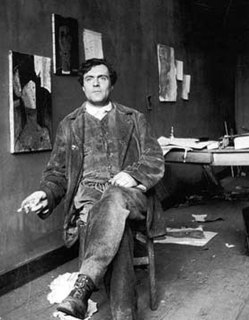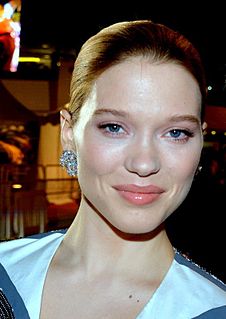A Quote by Friedrich Durrenmatt
Related Quotes
People for whom art is religion can say, "What I love about art is that it points to a higher reality." Well, fine, but the time comes when the smart thing for such a person to do is to let go of the fun of the art and get into the hard work of attaining and understanding that higher reality, unmixed with worldly games.
Since consciousness is the basis of all reality, any shift in consciousness changes every aspect of our reality. Reality is created by consciousness differentiating into cognition, moods, emotions, perceptions, behavior, speech, social interactions, environment, interaction with the forces of nature, and biology. As consciousness evolves, these different aspects of consciousness also change.
I think that, every individual you invent in narrative work, you have to have some root in who that person is. That may be an aspect of yourself; it may be an aspect of something that you like, that you don't like. It may be an aspect that you wish you had. Maybe something you admire in another person.



































